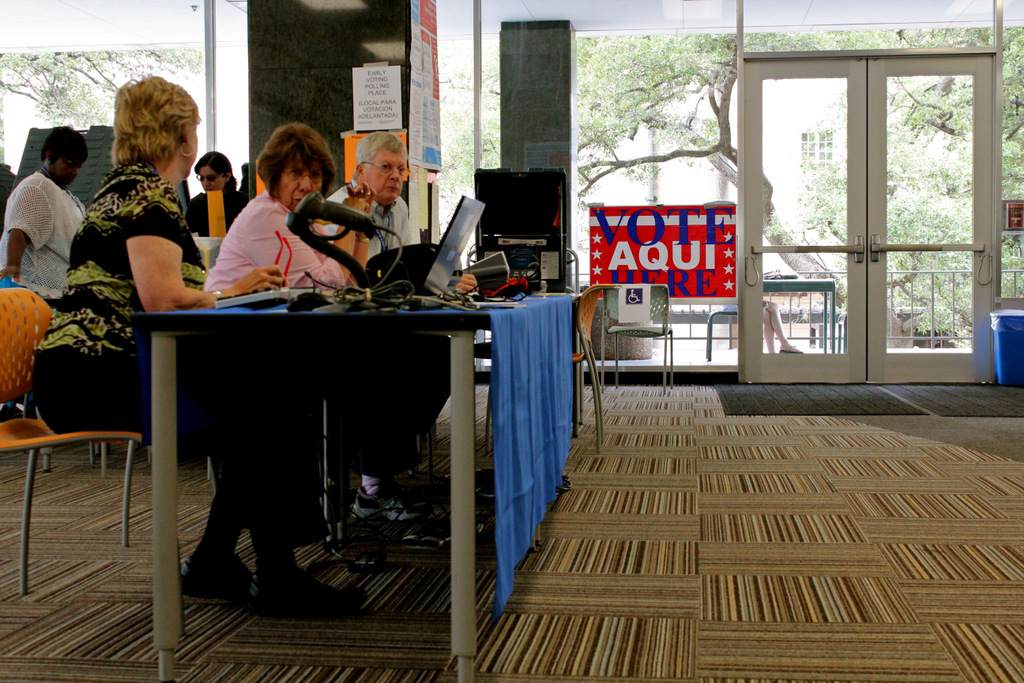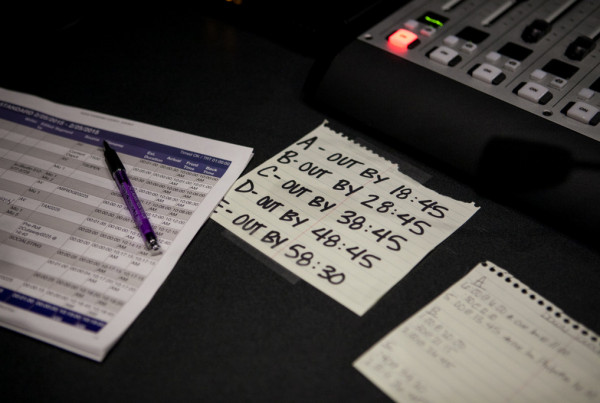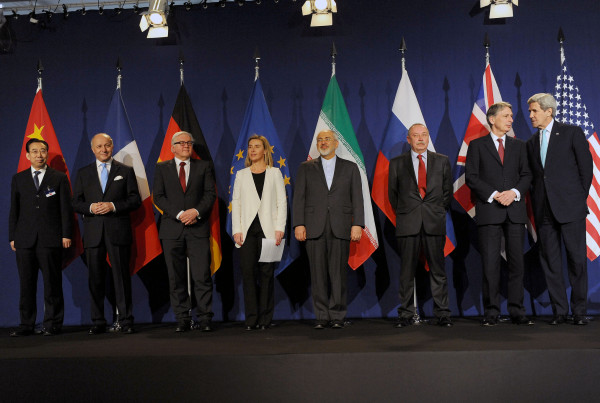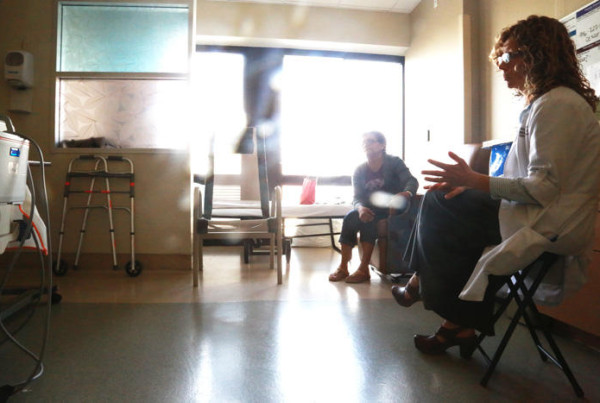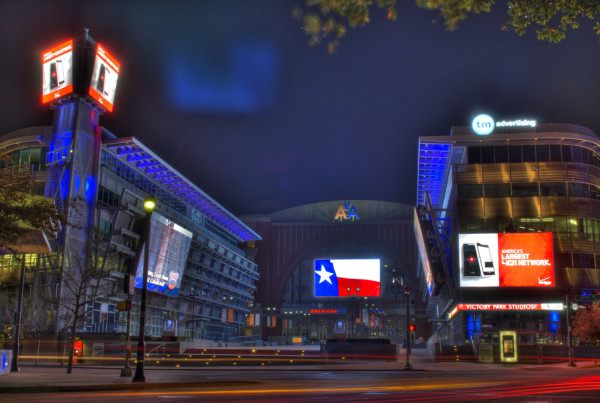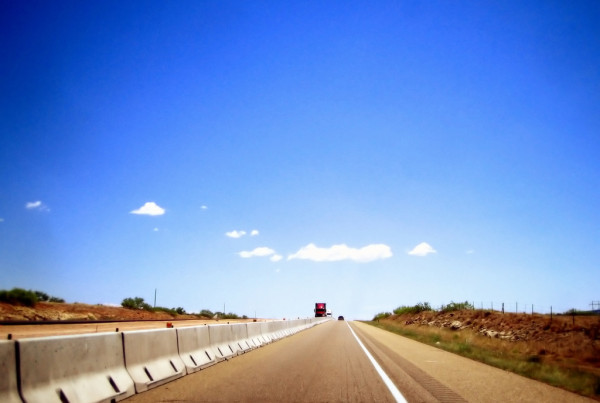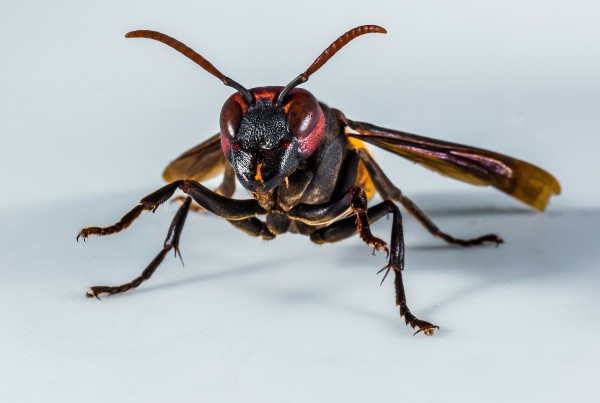Monday the Republican field of presidential candidates grew in number yet again. With the addition of Wisconsin Governor Scott Walker, the current group stands at 14. Many of those have a history in Texas. Usually, the reddest of the red states hasn’t had much of a say in who ultimately gets the GOP nod. Gromer Jeffers, a political writer with the Dallas Morning News says that’s apt to change.
“The sheer size of the Republican field — and there’s some quality candidates in there this time as opposed to 2012 — you really only had a couple of legitimate contenders for the White House. But this time, there’s an assortment of candidates, a lot of different flavors,” Jeffers says.
Jeffers anticipates that the GOP nomination process won’t wrap up early in New Hampshire, Iowa and South Carolina — traditional swing states.
“Texas is sitting there with its 155 delegates on the Republican side and there’s a feeling that will probably be the first real battle,” Jeffers says. “The field not only gets smaller, but you see who the real contenders are when you get down to four or five candidates.”
Jeffers says this could be very beneficial to Texas as a whole, especially since voter turnout in the state normally leaves a lot to be desired.
“The activist wing on the Republican party [side] is very excited,” he says. “They’re looking at epic turnout… [and they’re] excited about the prospect of a competitive race.”
Jeffer says the candidates are expected to campaign all over the state. Which means they’ll be spending money — something good for the economy. Other than that, there’s the media attention.
“Every resident of every state likes to see themselves on television, on national media,” Jeffers says. “The battle goes to Texas and all that goes with it.”


